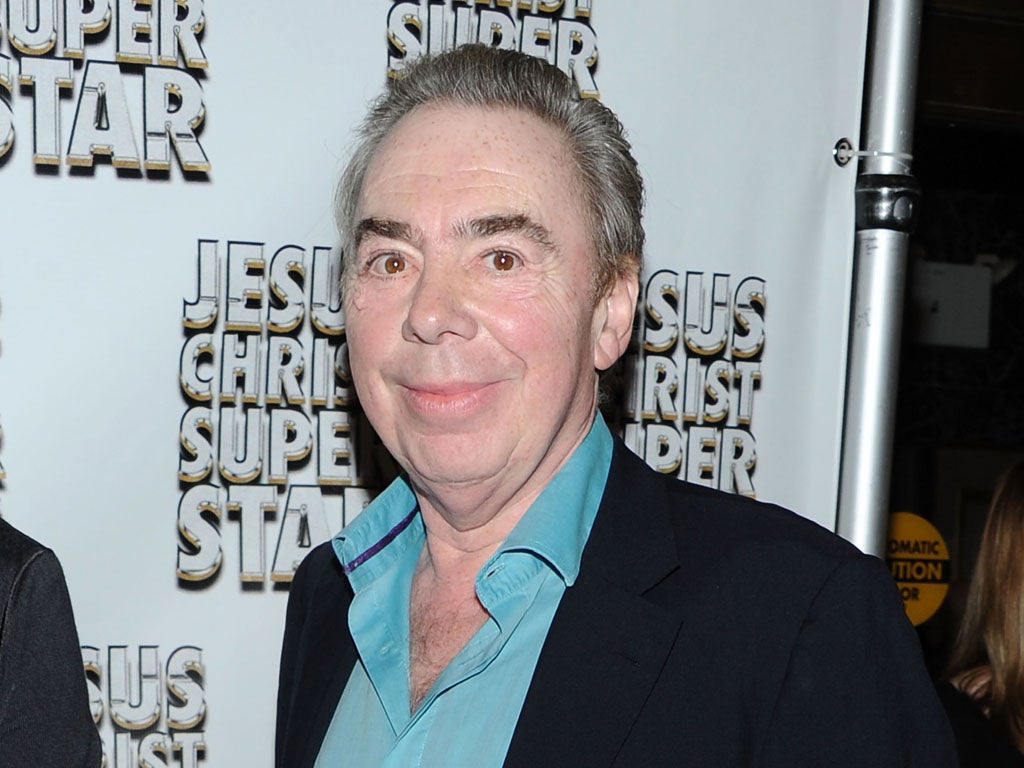Andrew Lloyd Webber: 'I went through a moment of deep depression - I actually got the forms for Dignitas'
The composer weighs in on the assisted dying debate

Andrew Lloyd-Webber says that he once considered assisted dying, after a series of medical issues.
The composer was first diagnosed with prostate cancer in 2009, which he recovered from.
“It was the most virulent form, but I was very lucky,” he said. “I didn’t think I was going to die – just that I must have the wretched [cancer] removed so that I could get on with my job.”
Then a leg pain led to a back operation and a consequent 14 general anaesthetic procedures and he found himself struggling to cope.
“There were days when I thought that I would do anything to get out of this,” he told The Telegraph.
“I adore my work, and I thought that if I could not do that, then I had nothing more. I went through a moment of deep depression – that awful moment when you think that you must find a way out. I actually got the forms for Dignitas. With hindsight, it was stupid and ridiculous, but I couldn’t think what to do.”
Ambassadors For Assisted Dying
Show all 10However, despite his chronic physical pain, he decided to work through his medical problems rather than end his life.
“I got through the show I was working on, but it was murder. I was on every sort of painkiller there is… I couldn’t think what to do,” he recalled. “In the end, I threw away the forms.”
Today, he has serious reservations about assisting dying – an issue that is currently being discussed in Parliament as Lord Falconer strives to have a bill passed to legalise it.
Lloyd Webber’s view stems from his mother who wished to die before her terminal breast cancer meant that she became a “burden” from her family. Her sons felt that she was not ready to die, and the law stopped her from doing so.
She eventually died "peacefully" five years later, aged 72.
“If people get to a point where their lives are so impossible, I would agree with the Bill,” he said. “What concerns me, and I suspect many others, is what floodgates would [this measure] open? Does it create a culture where older people are a burden? In 20 years’ time, signing off on the deaths of old people might not be taken as seriously as it is now. I am totally unsure.”
Subscribe to Independent Premium to bookmark this article
Want to bookmark your favourite articles and stories to read or reference later? Start your Independent Premium subscription today.

Join our commenting forum
Join thought-provoking conversations, follow other Independent readers and see their replies